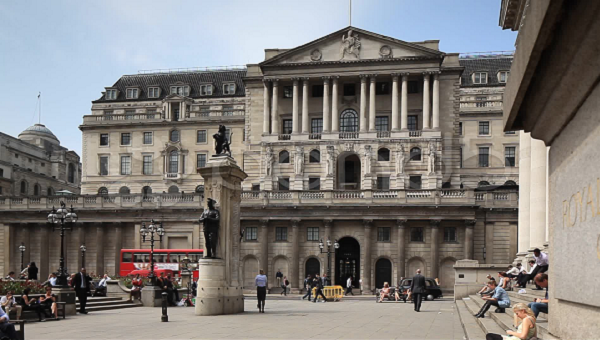Britain’s economy grew at a slower rate than expected in July, raising the risk that it is already in a recession, with ever-increasing energy prices hurting demand for electricity and a jump in the cost of materials hitting the construction sector.
With inflation in double digits and at a 40-year high, gross domestic product expanded by 0.2% from June, official data showed on Monday, weaker than a median forecast of 0.4%.
In the three months to July, GDP was flat compared with the previous three-month period.
Some economists said the data suggested the economy might be on course to shrink over the three months to September, having contracted by 0.1% in the April-June quarter.
This would see the UK enter a technical recession for the first time since Covid-19 lockdown restrictions ended.
In August, the Bank of England forecast a recession for the world’s fifth-biggest economy lasting from the end of 2022 until early 2024, due in large part to the hit to living standards from energy prices, pushed up by the war in Ukraine.
The Office for National Statistics (ONS) said anecdotal evidence suggested that the surge in power prices was changing consumer behaviour and demand for energy had fallen.

